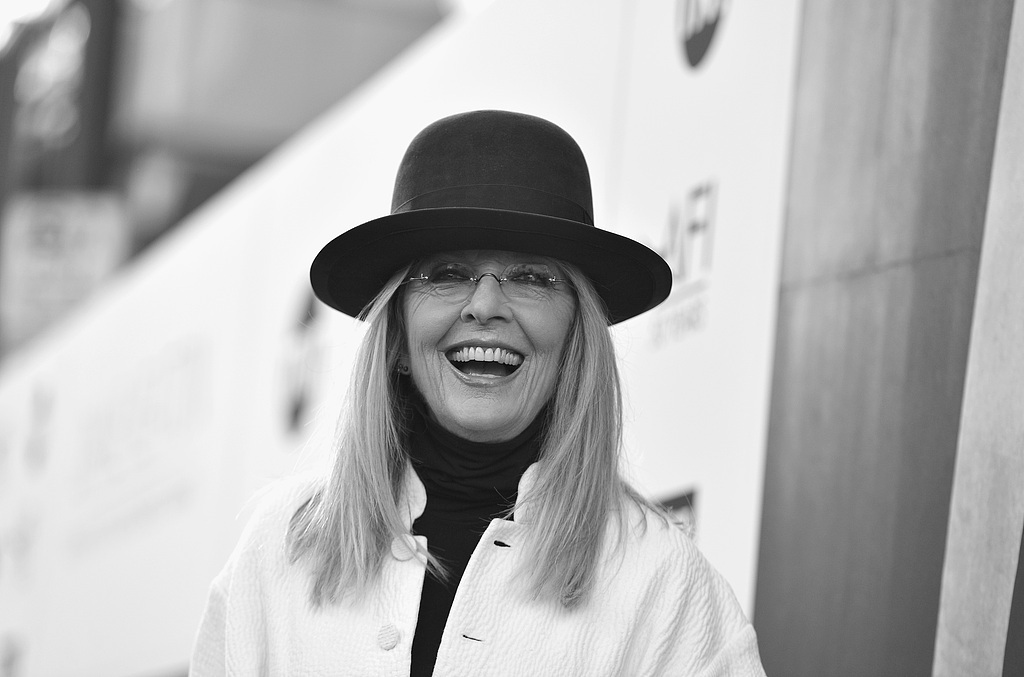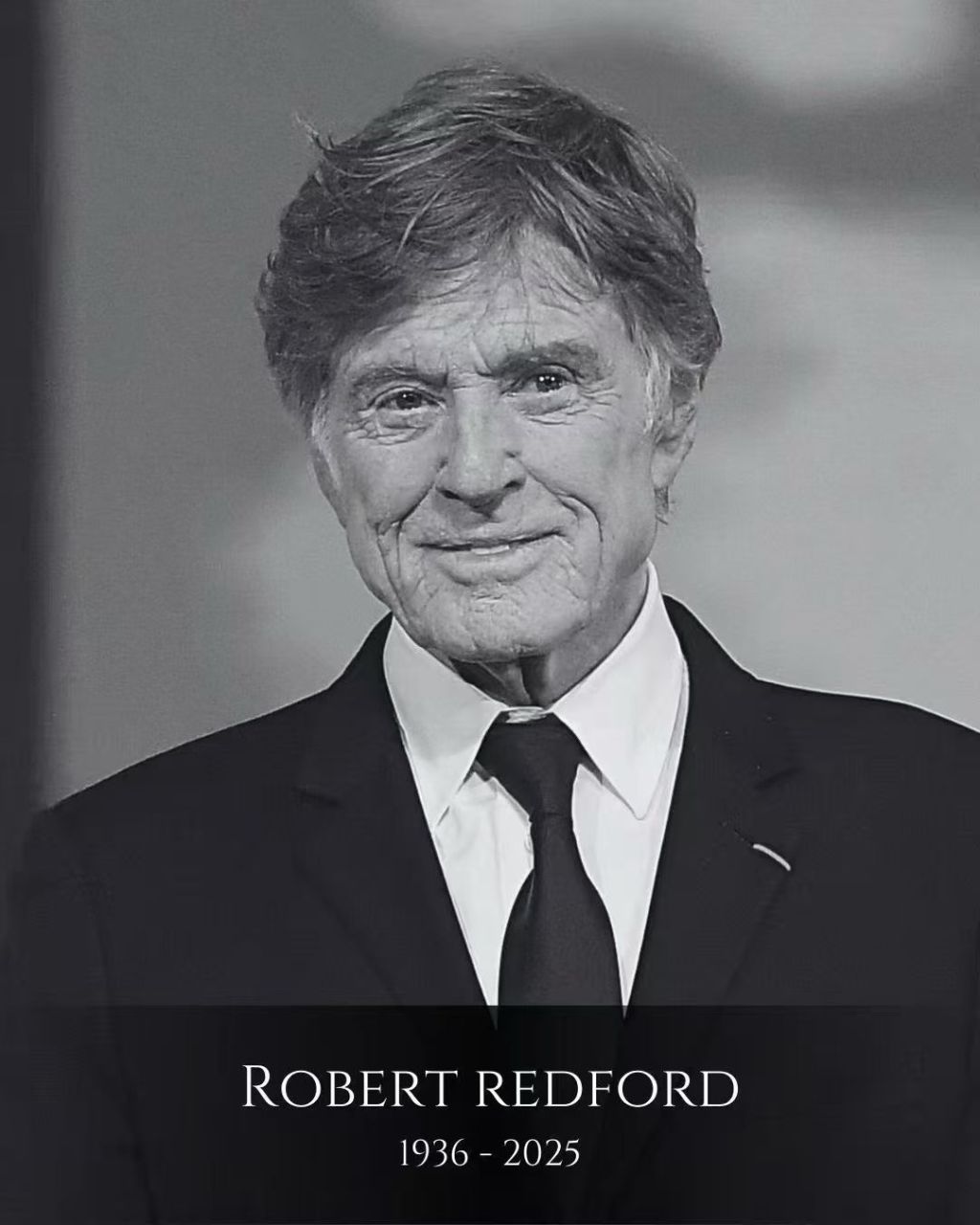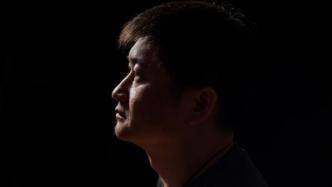
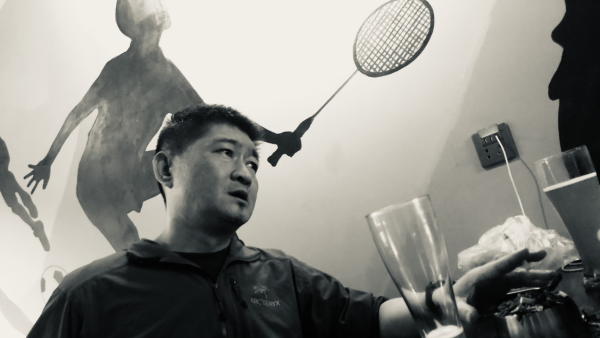
Although you can give a rough outline and an impression, and even have a lot of emotion, which can be used as a confidant, but if you study it carefully, you still don't understand it very well. For example, Gong Yi, in the 1990s, Shanghai Film and Television merged with Oriental Television, and he was about to retire in one year. He has the tradition of Keying Studio, being modest, serious, and gentle. I often think about working with him one day. But you don’t know his preferences, his family, his health, etc. In fact, even when I hear that someone I don’t know very well has passed away, I feel heartbroken and sad. Because at my age, I have understood that every individual is an independent and complete life.
However, when the person who was still together suddenly passes away, an even more overwhelming sadness arises in my heart, and I feel the pain of the impermanence of life. A few days ago, the friend who was strolling and chatting by the Suzhou River, eating Ozao noodles together, and just having a phone call to discuss the direction, concept, and material selection of the documentary, was suddenly separated from each other and left forever!
His name is Xu Ruochi, a mere mortal among all living beings.
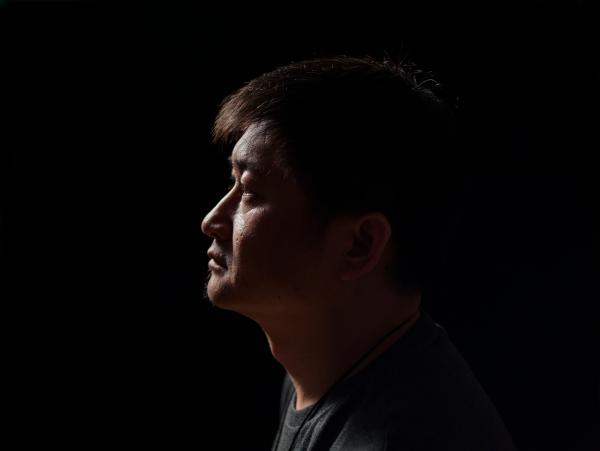
Xu Ruochi
He is my comrade. This time he was invited to be the director of the second episode of the historical and cultural documentary "Jiangnan Five Thousand Years". However, he died and no one knew about it. His college classmate Wang Chang saw that his step count for two days was zero on the WeChat exercise pedometer, and he immediately felt that something was wrong. Breaking in, he found that the editor's work computer was still on, but he had fallen to the ground. Probably sudden cardiac death. A big dog that had been with him for ten years kept scratching the door for two days.
He graduated from the Department of Arts and Crafts of Anhui University of Engineering and Technology. I only found out this when I went to Huaibei to see him off. We have many opportunities to get along, but rarely have meals together. I also know that he likes wine, but I have never had a drink with him. But I truly share the same path, so I wrote "fellow-minded like crazy". I like the name Ruochi. One day I told him that your parents are really educated, otherwise they would not have named you Ruochi. He replied: "Isn't it just a name?" It wasn't until I went to Huaibei this time that I learned that his parents were both university professors, and his father had once been the director of the Chinese Department of Huaibei Normal University. They are three brothers, the elder brother is Ruolin and the younger brother is Ruoyu.
He was buried in Xiangshan Mountain in his hometown.
His classmates who came from far and wide told me that they all loved him. He formed a rock band in college, in which he was the lead singer and guitarist. They were hungry in the middle of the night, so they always climbed over the wall to steal the fruits of the fellow villagers. Later, they were chased by the fellow villagers, and later they became good friends with the fellow villagers. He loves sports and plays football very well. He also writes well. But I don't know everything. Did he never mention it, or did I simply have no time to understand? This is a question I have never thought about.
The first time I met him was in the summer of 2000, in the computer room on the 9th floor of Oriental TV Station. It is said that a new technician has arrived, specializing in 3D, animation, and anyway, very difficult special effects. At first glance, he looks different from ordinary technicians. He has an artistic temperament. I joked with Shen Jianqing, the leader of the technical department who recruited him to work in Taiwan, that he has a great vision! There is an artist among the technicians, and it seems that the TV station is going to change.
At that time, Oriental TV Station had a digital painting box, which was the most high-end special effects synthesis software in China at that time. It ran on the SGI workstation and was the only one in the country. The machine was originally purchased for DongTV News, but there have been problems with its operation. Xu Ruochi was recruited to Taiwan for this purpose. Why him? Shen Jianqing, who recruited him, couldn't explain why. He was probably relying on his impression. And based on my impression, I thought he was engaged in art. Once he said he wanted me to see one of his oil paintings, but he didn't see the painting, but it left the impression that he was painting oil paintings. How can such a person become a technician?
For about two or three months, I saw him there alone, operating the machine and never speaking. In my career, I have met two people who are completely self-taught. The second person is young and self-taught in today's Internet environment. Any problem he encounters can be solved on the Internet. But in 2000, the Internet was not as developed as it is today, so Xu Ruochi relied entirely on a thick English book. Later, every time the most high-end equipment came, he was the first to learn it, and all of it was self-taught. At that time, he also mastered two other "new weapons" for the TV station, one of which is the "Da Vinci" that is most widely used in the field of TV color correction today.
Our first collaboration was to revise the documentary "Soul of a Nation". This is the first biography of Lu Xun in the history of Chinese television. He has the most advanced special effects, but in the title sequence he redid for me, there were no special effects at all. He did it very simply. The voice was Mr. Lu Xun’s elegy sung by those who witnessed Mr. Lu Xun’s funeral. It was the elegy sung by the old voice of Mr. Meng Bo, who was already over 80 years old at the time. There are only three images: the sculpture of Lu Xun's head, the three words "national soul" written by Shen Junru at that time, and a real-life fire. Everyone said it was simple and elegant. It's obviously his processing. The texture is very strong, which is what I feel is the most important thing. In this way, we got closer and started dating and friendship.
Just when he entered Taiwan, Xu Guanqun also came, and they were fellow villagers. I suddenly discovered that both of them have a characteristic that is rarely seen in ordinary people. This is a quality. I once said, "You and Xu Guanqun are Huiluo." This is what I read in a book. "Hui camel" is a name used to describe Huizhou people in history. Camels have endurance and can withstand hunger and thirst, which is a symbol of hard work. Hu Shi was moved by this spirit. He said, "Work hard to be a camel." In fact, when I say Huiluotuo, I refer to their attitude towards life and work. There is a kind of persistence, even stubbornness, or a character of not giving up. But you will never hear his persistence or even his attitude in his mouth.
Normally we rarely have opportunities to interact. The reason is that they are not in the same department, so they are busy and busy all the time. In the limited communication, he talked very little, let alone himself. Thinking about it today, this is what he will be like all his life.
In 2005, he and I participated in CCTV's "The War of Resistance" together with Xu Guanqun and Qin Min. The film tells the story of the most painful and great national liberation war in the history of our nation. He served as the director of the third episode "Together in the National Disaster". The main theme of "Together in the National Disaster" is the Songhu War. This is a national TV station's panoramic record of the National War of Resistance, the first time to write about a frontal battlefield, and the first time for national TV stations to interview these surviving veterans of the Songhu Anti-Japanese War.
In retrospect, what impressed me the most was the scenes of him interviewing these anti-war veterans. His interviews with them can be said to have completely broken the beautiful, sweet television language of the time. He placed the veterans in their living environment, which was very crude and dilapidated. Each veteran's face is filled with the vicissitudes of time and their living environment, which is a strong message. To this day, I still don’t know how he found these dozen anti-war veterans. At that time, many people said that the director was very avant-garde. He said nothing. But I thought I knew him well, so I said, he is an artist. He described the entire filming and editing process in one sentence: These veterans, when you see them, they are amazing! Most people don't know what the word "simply" means, but I do. Later, the materials he photographed of these anti-war veterans were donated to the Cui Yongyuan Oral History Center.
At the end of episode three, he uses a picture of a young warrior who died. He actually took 32 seconds to take this photo. With the following text——
This is a young face full of childishness. Today, more than 60 years later, we no longer know the name and experience of this young soldier, nor can we perceive the joys and sorrows of this ordinary Chinese young man during his lifetime. We only know that he was one of the thousands of young people who sacrificed their lives in suffering China.
After SMG was established, the technical departments of several stations were also merged. He was transferred from Oriental Station to Shangshi Building. This is the most magnificent building of Shanghai TV Station, with more than 30 floors. He works in the digital base on the 15th floor. I went to see him. As always, there is always a coat draped over the back of the chair in the computer room. But one day, he suddenly told me that he resigned, probably around 2007 or 2008. I was shocked and blurted out: Why? For such an unspeakable thing, he replied to me with a sentence that I have never forgotten: "I have seen myself getting old." He said, "Every day I go upstairs and wait for the elevator, watching people entering and leaving the elevator, and I feel like As people flowed away, I suddenly thought that I have been sitting in this elevator all my life, going up and downstairs, going to and from work. I have seen every path of life, and there is no change. How terrible." "How terrible", just these three words , I knew who he was. He is an artist. He pursues change and is unwilling to be lonely or mediocre.
After leaving his job, he still didn't talk about himself at all, nor did he talk about how to handle business operations in the market. He must have had joys, sorrows, and joys, but he never had any words. I'm always worried about him. Because when Chen Liang founded Dragon TV, he established three studios, one of which was Wang Ren Studio. But Chen Liang, the studio, didn't give any budget. Chen Liang was idealistic and tried to force me into the market. But how is it possible? There was no market at that time, and I had no market awareness. I could only work. Later, someone concluded that people like me cannot follow the market because I always express myself tenaciously and often reverse the positions of Party A and Party B. Xu Ruochi is an artist, probably better than me. I don't know how he came to the market.
Therefore, after he left his job, our relationship became deeper, we cherished each other, and we had more opportunities to be together. We later collaborated on many films. After 30 years of reform and opening up, he made the third episode of "Our Choice", "The Broken Arm of the Strong Man", talking about the hardships of the transformation of Shanghai, an old industrial base. 500,000 female textile workers were laid off. The images are shocking and the editing is smooth yet heavy.
The films he cuts are his inner narratives and expressions of his emotions and ideas. They are unique and often have a sense of heaviness. I saw a clip of his craftsmanship in southern Anhui on the Internet, which was equally unique. In his films, I can hear that there seems to be a thousand-year-old voice hidden in them.
People need to reflect, but this is what our nation lacks most, and it is not easy. But Xu Ruochi has this noble quality in him. He is a person who reflects on himself, so he can always break through his own boundaries. He has been working hard to break through himself in his own professional field, professional field, and in his own professional art field.
He is a person with deep and profound emotions. Perhaps this emotion makes him restless and unwilling to repeat himself. Later, I asked him to participate in the creation of "Ideals Shine on China" and be responsible for the creation of the title and theme song MV. His emotions and his creativity and artistic aesthetic once again delighted me and made me respect him. Now you can see it online, which is a memorial of his life and emotions. The title sequence is concise, even simple, but heavy and emotional, and everyone likes it.
Looking back, almost every time I had a big job, I would look for him. Of course, I won’t look for him in some films about saving lives and saving lives, because the time is too tight, and most of them are improvised creations, so he can’t play his role, and I can’t bear to do so. I don’t want to cause any trouble for him, after all, this artist relies on the market to survive.
This time I worked on "Jiangnan" with Xu Guanqun, and he was the first person I thought of. He was invited to do the second episode of "Five Thousand Years in the South of the Yangtze River", and he readily agreed. I asked him how his current job was and whether it was a lot. He never said more, just four words, no problem, do it! This happens every time I ask. He showed the same passion as always. Of course, I took the initiative to call him and make an appointment every time.
Not long ago, he, Xu Guanqun and I walked around the Suzhou River for a long time, nearly two or three hours, talking about "Jiangnan". Talk about the concept of the program and the shooting method. Finally it was over, and he started to care about my health: I will take you to southern Anhui for a while, and you should also take a rest, and we will talk in detail then. Soon I missed him again, called him, and made an appointment to meet. I really don't know what he is doing, but I know he will not be idle. What I didn't expect was that as soon as he finished speaking, he left. To be sure, he left on the job.
After many years of cooperation, I have a clear and unthinking understanding that he is an artist who sees people. He is excellent in painting, graphic design, photography, post-editing technology, television directing and many other aspects.
He seems to be always thinking, his eyes are always alert, and he seems to be tirelessly examining the world and the people around him. He usually talks very little, and they are all short sentences, one word, two words or three words, but it can make you feel the cleanliness, purity and pursuit in his heart, as well as the true feelings in his heart.
The words he posts on Moments are also a reflection of himself. In a morning scene taken from his window, with the early morning sunshine shining on the roofs of thousands of houses, he captioned it with two words: Call it a day!
On August 8, 2023, he wrote in his circle of friends, "It is suddenly late in the world, and the mountains and rivers are already autumn."
On September 6, 2023, he captioned Xi Rui's last video with the text "A clean soul will never compromise."
He has the temperament of a poet. When he played "September" sung by Zhou Yunpeng, the accompanying text was, "My piano is sobbing, and my tears are gone." When the writer Chen Zhongshi passed away, he posted two photos with the text: "The land of Sanqin has lost its loyalty, and the sky above Bailuyuan is vast."
One night, he was surprised to see Lao Cui in "I Am a Singer". He wrote: "He talked about rock and roll incoherently. Nothing can resist time and the great changes in the world. Sadly, the independent spirit of that era knelt down in front of my sight." (Day and Night, March 29, 2015)
His WeChat account is called "Shouting in the Drizzle", which is Yu Hua's first novel written in 1991. It's a pity that I haven't read it. If you read it, you will definitely feel how Yu Hua’s novels fit with him. But what I do know is that he was deeply influenced by literature.
What I never expected was that such a person would pass away like this. He would bid farewell to the world when he was at his most mature in all aspects of thought, art, and skills, taking away his talents, his feelings, and his emotions. His generosity and justice.
It is a deep regret that I have never had a drink with you, and I always advise you not to drink. You are a friend forever. But now there is only nostalgia, only nostalgia.
Ruo Chi, you bid farewell to your life and left us all with endless sorrow!
